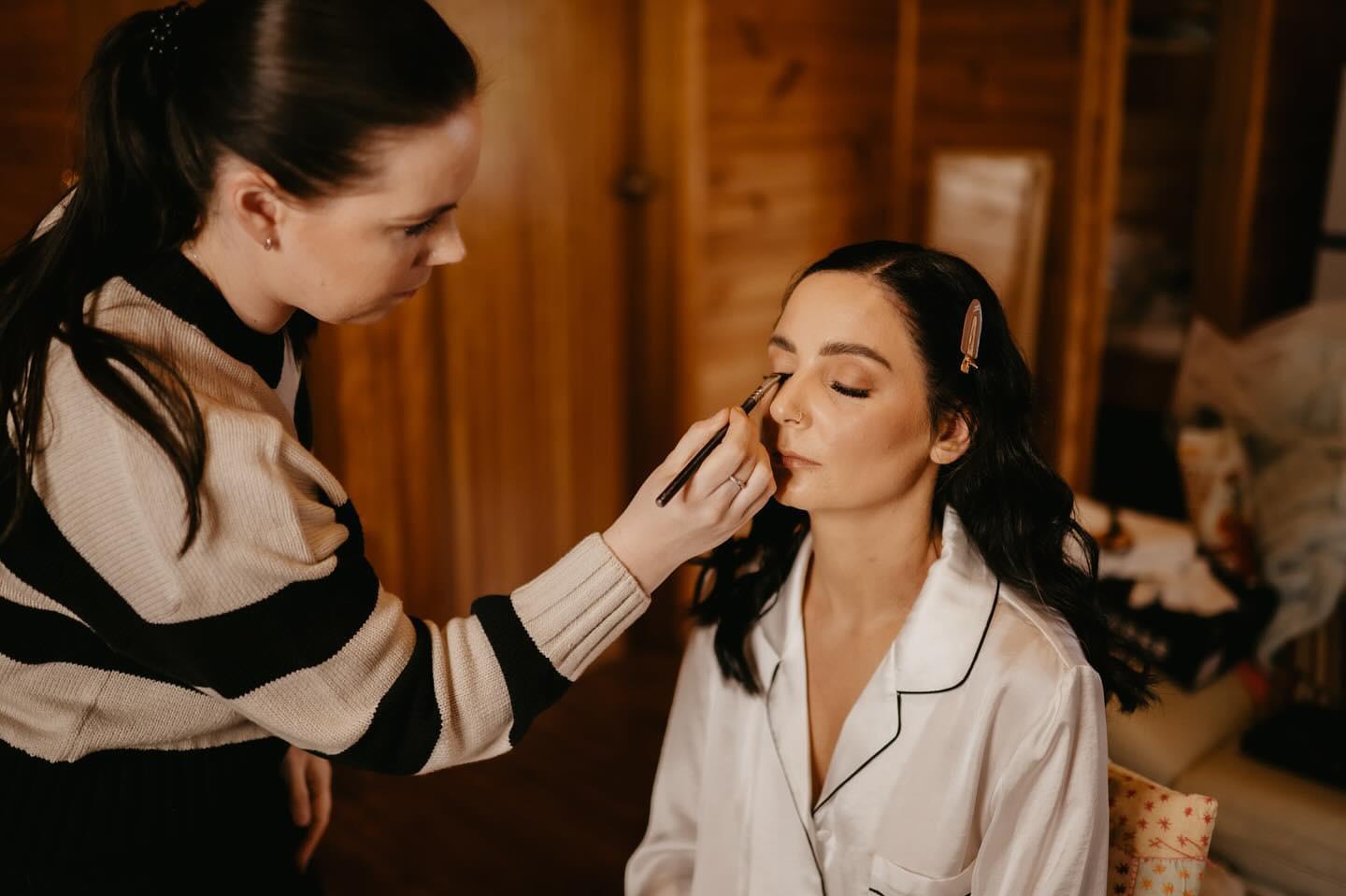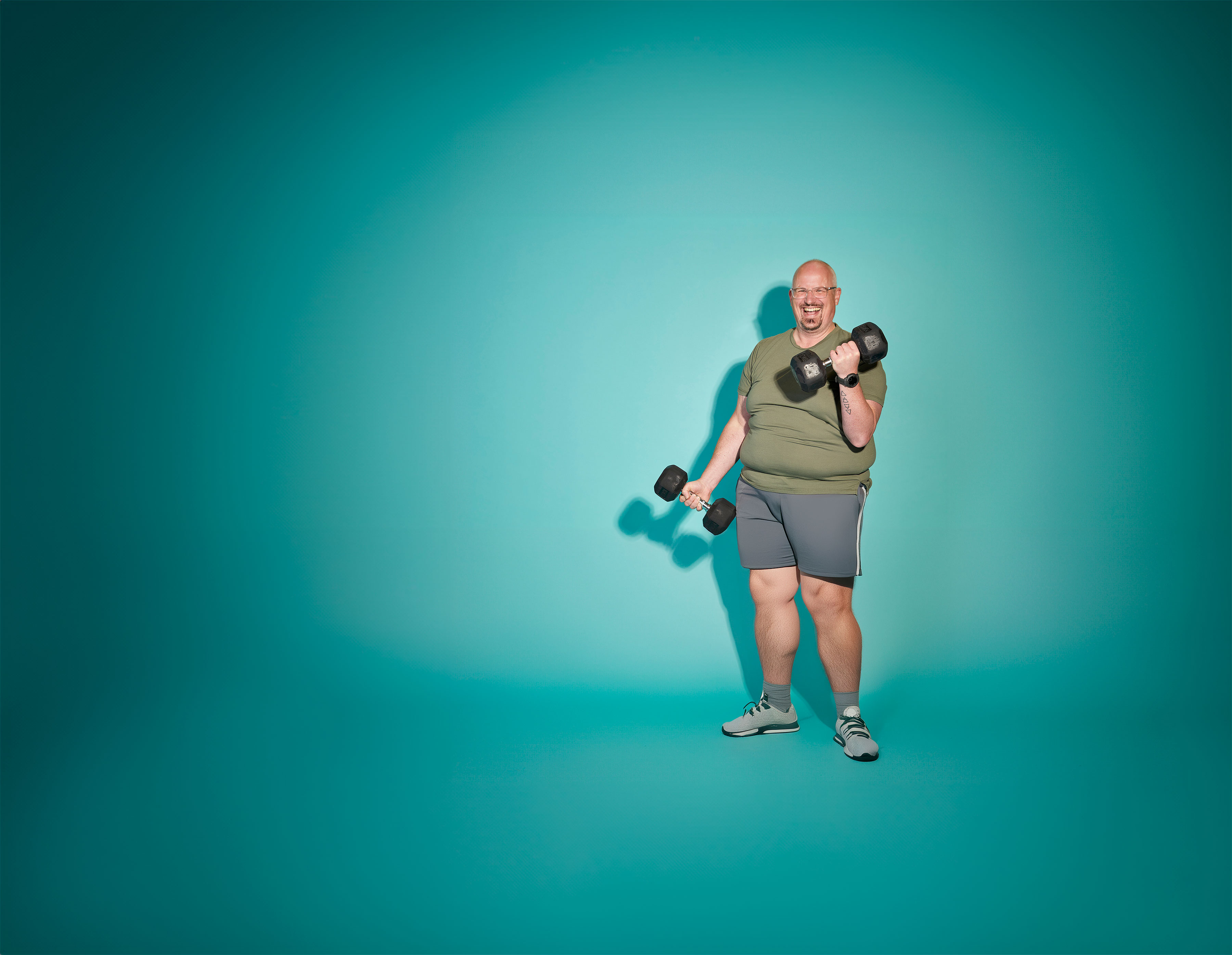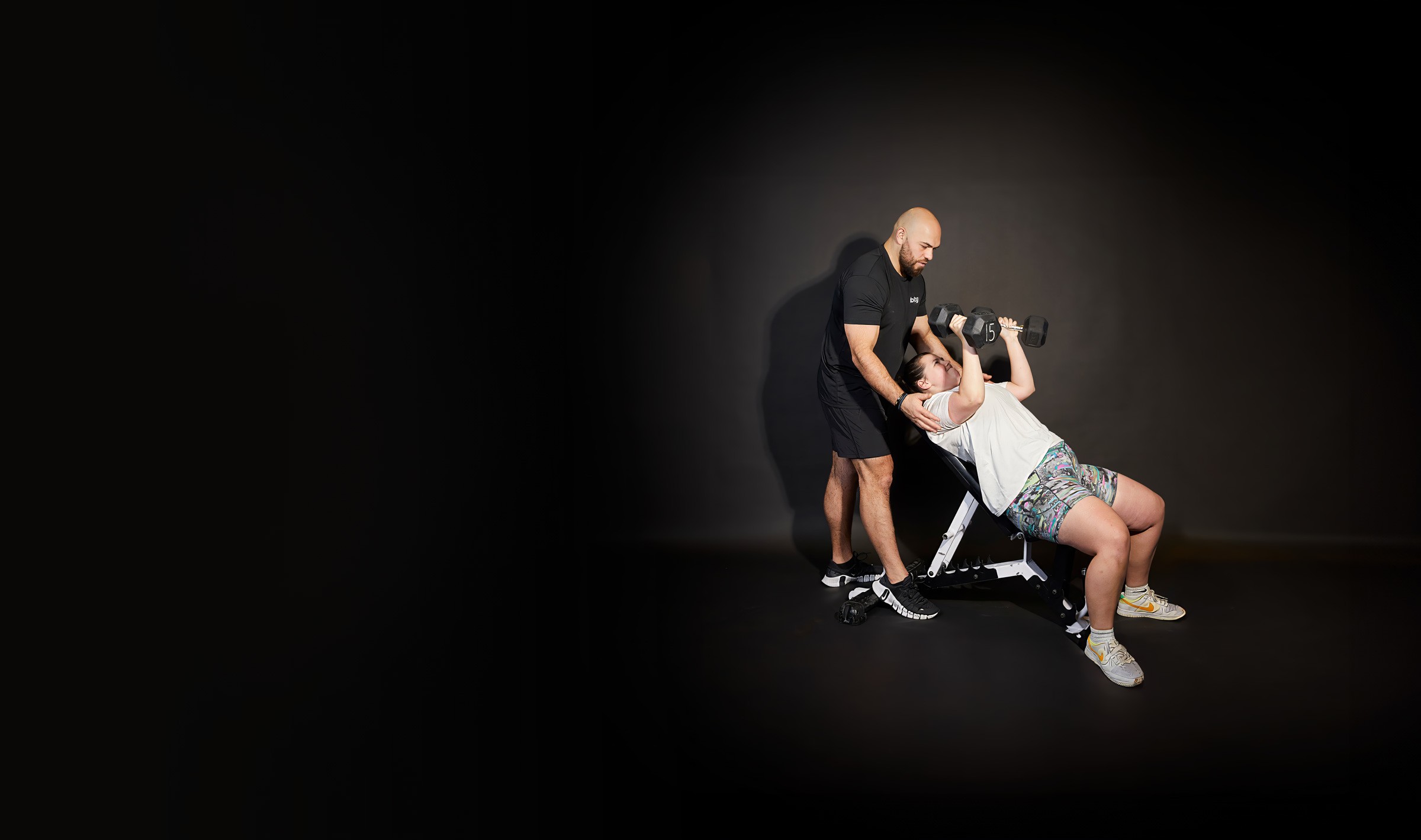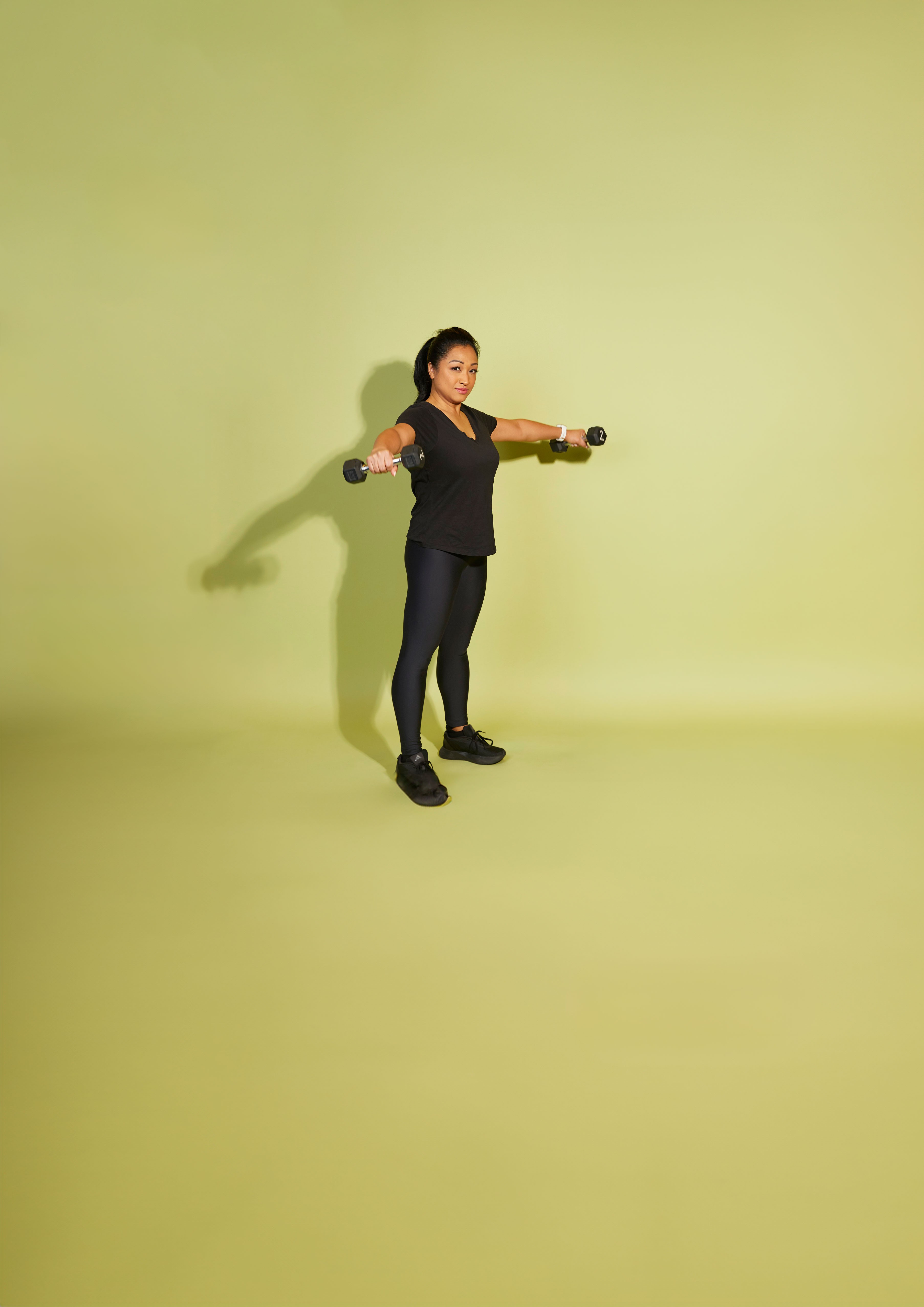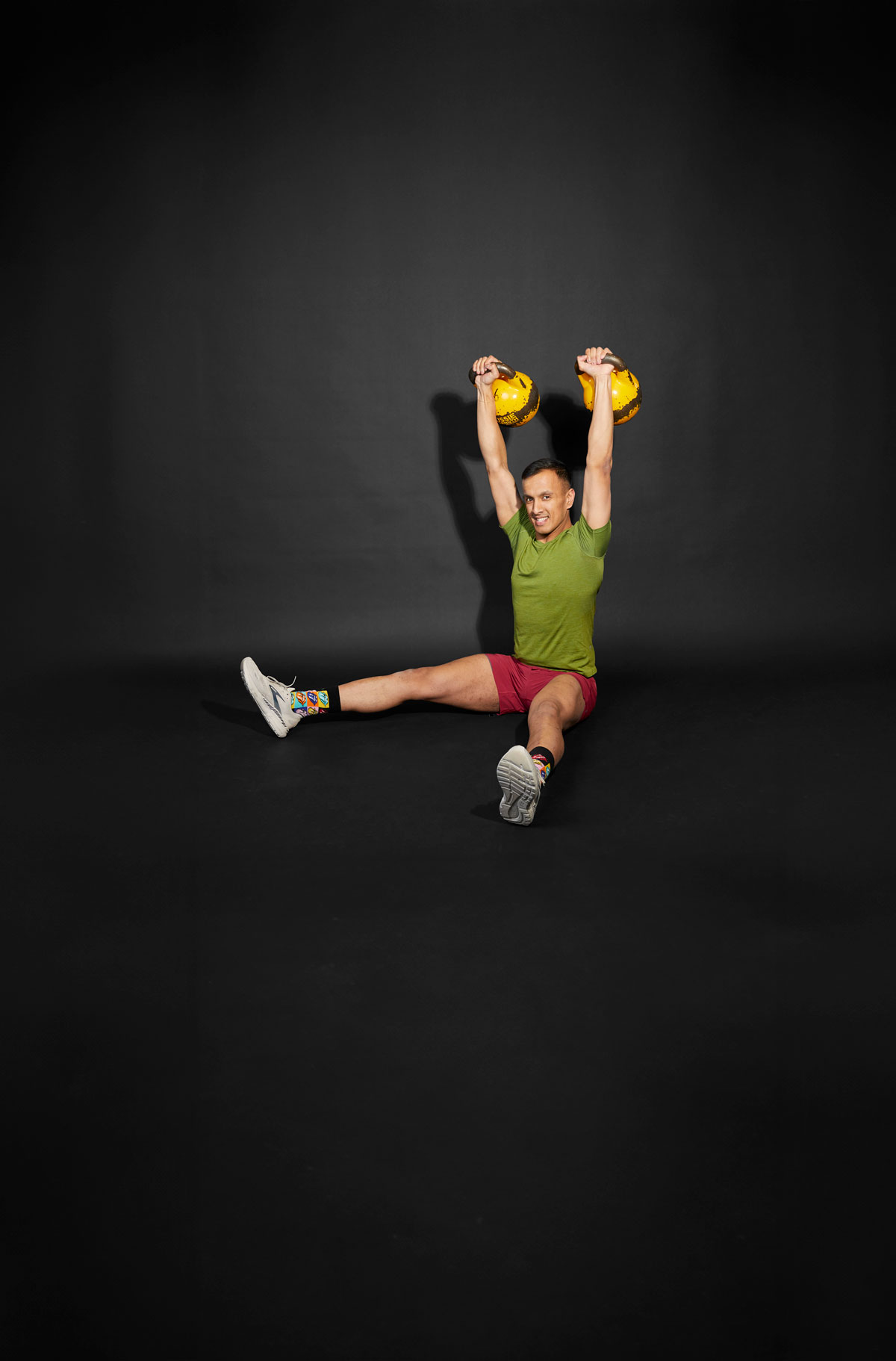
News
Friday 19 September 2025
More than physical benefits
Strength training doesn’t just build bodies — it supports brains too. Research shows that regular resistance exercise can improve memory, focus, mood, and confidence. It also helps kids develop coordination, balance, and resilience.
Dr. Gonzalo De Angulo, GP, explains:
“Kids can safely start strength training at an early age if it is done in a way that matches their age and abilities, with proper technique and close supervision. That said, preadolescents and adolescents should avoid practices like powerlifting, bodybuilding, or attempting maximal lifts. This is where proper guidance and age-appropriate progression become especially important.”
Like any sport, injuries can happen, but with the right support and safe progression, strength training is one of the most effective ways to build healthier, stronger bodies and minds for life.
What do physiotherapists say?
Claire Shield, Principal Physiotherapist at The Physio Stop, highlights that strength training is not only safe but strongly recommended when supervised:
Is strength training beneficial for kids? Yes! It improves bone density (it doesn’t stunt growth), boosts cardiovascular health, builds overall fitness, and increases confidence in moving well.
Is it safe for kids? It is safe as long as it is supervised by a qualified personal trainer or physiotherapist.
At what age can kids start? Every child is different, but most can start safely by the end of primary school. “Going to the gym doesn’t mean lifting heavy weights — programs can be fun, engaging, and tailored to each child’s needs,” says Shield.
Anything kids shouldn’t do? Avoid unsupervised training and heavy maximal lifts. Working with a professional ensures safe technique, effective exercises, and positive experiences.
The professional stance
According to the Australian Physiotherapy Association (APA), strength training can be a safe and beneficial activity for children and adolescents when it is age-appropriate, closely supervised, and focused on correct technique rather than heavy loads. The APA emphasises that resistance training should be introduced gradually, with an emphasis on fun, skill development, coordination, and safe movement patterns. When guided by qualified professionals such as physiotherapists or personal trainers, strength training not only improves physical health and reduces injury risk but also builds lifelong confidence in movement and physical activity.
What kids and parents are saying
“Michael is amazing and supportive. He helps me stay motivated and wants the best for me. Michael makes his PT sessions fun and enjoyable. I always look forward to seeing Michael and knowing I’m going to get the best out of the session!” – Maddison Godfrey, 16
“Thank you so much for starting with my son today. He was so positive when he got in the car. A spark I haven’t seen in him for a while! Looking forward to his new journey!” – Parent of 14-year-old boy
Ready to get your child moving?
At DoDay, our trainers design safe and fun strength programs tailored for kids and teens. Whether your child is looking to build confidence, improve sports performance, or just enjoy moving, DoDay can help set them up with the skills and strength they’ll carry for life.
School holiday sessions are a great introduction to strength training for kids. We offer group sessions for kids three days per week in the school holidays. The next series will run from 30 September to 11 October at All Aerobics in Hobart, the home of DoDay. Enquire now.
References
Australian Physiotherapy Association. (n.d.). About us. Australian Physiotherapy Association. Retrieved September 18, 2025, from https://australian.physio
Australian Government Department of Health. (2021, May 7). Physical activity and exercise guidelines for children and young people (5–17 years). Retrieved September 18, 2025, from https://www.health.gov.au/topics/physical-activity-and-exercise/physical-activity-and-exercise-guidelines-for-all-australians
→
News
→
News
→
News
→
News
→
News
→
Nutrition
→
Nutrition
→
News
→
Nutrition
→
Fit-tip
→
Fit-tip
→
Fit-tip
→
Lifestyle
→
Nutrition
→
Lifestyle
→
Nutrition
→
Lifestyle
→
Lifestyle
→
Nutrition
→
News
→
News
→
News
→
News
→
Fit-tip
→
News
→
News
→
Nutrition
→
News
→
News
→
Lifestyle
→
Fit-tip
→
Fit-tip
→
Events
→
Fit-tip
→
Lifestyle
→
Nutrition
→
Lifestyle
→
Lifestyle
→
Nutrition




